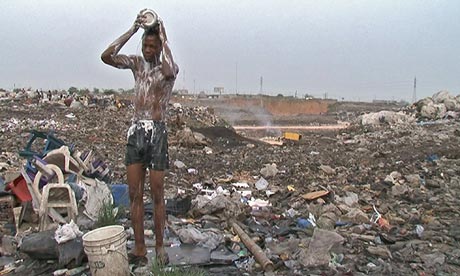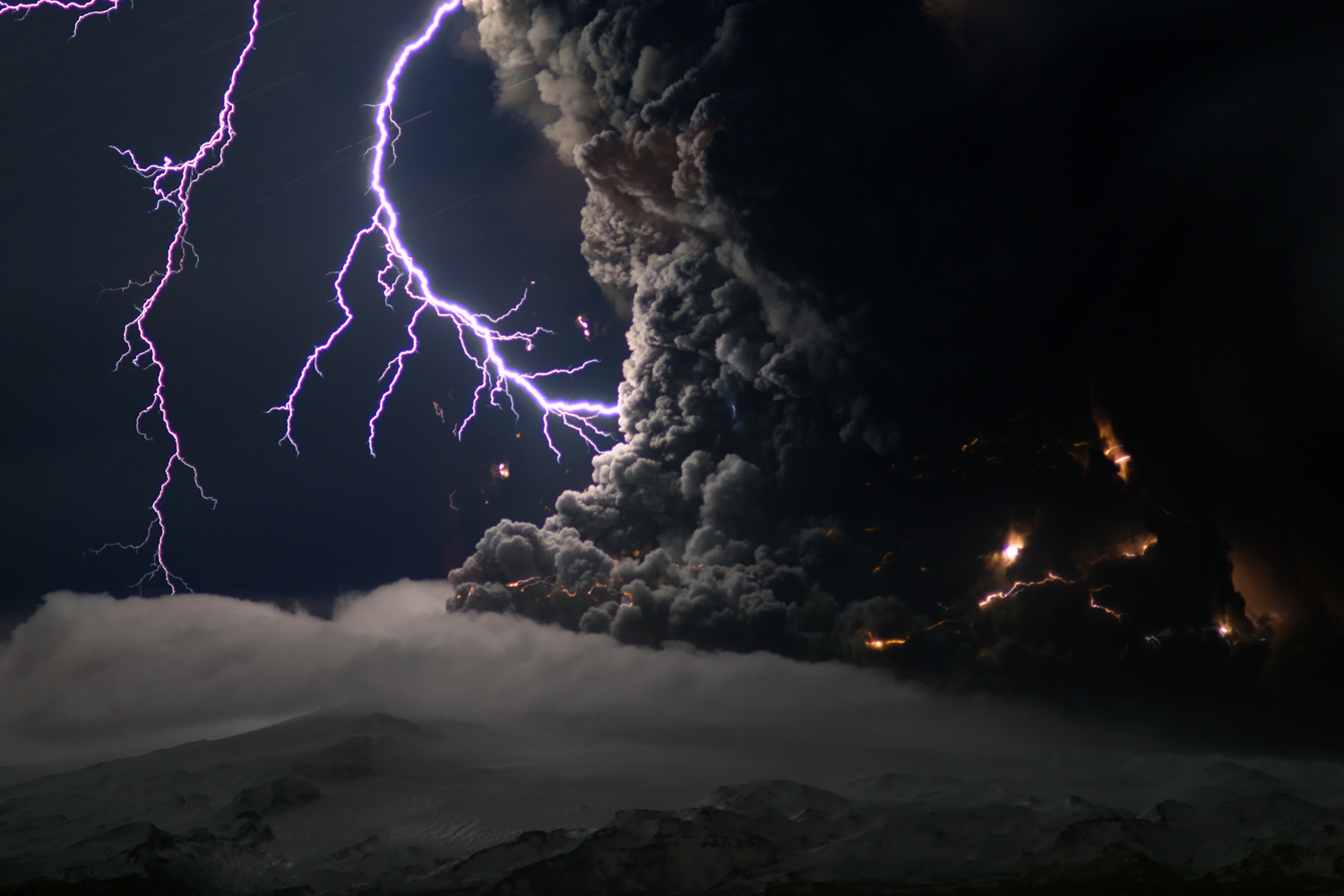The new
World Development Report touches on something I've been thinking about for some time: The need to build environments where people and business can flourish, before adding the proverbial cherries on top - infrastructure, education, finance etc.
The report's data shows that fundamental settings matter to progress. No amount of microcredit, health spending or agricultural value chain development matters if there is no peace, as the graph makes clear.
With all our fancy new initiatives that drive business thinking into every livelihood angle we can think of, we seem to have forgotten the basics. Maybe forgotten is unfair - de-emphasised maybe. For me, there are three learnings here:
1. There are limits to human resilience: This is clearly the cause of violence in the first place; the point the pain of violence comes second to the pain of injustice (although, as the report indicates, people may underestimate the cause of violence). But it also the underlying principle of underachievement in violent states; resilience and ingenuity of people matters not if there is no stability and environment where citizens can "make do".
2. There seems to be a
Elementary Hierarchy of Development Needs, which we would do well to remember before designing other well-meaning interventions. I know this is nothing new, but the plethora of conflicts and the increasing issues they generate seem to stem from them seems to indicate that we haven't learned the lesson.
This hierarchy is a key learning I gained from my transition from India (a stable and 'fairly' well functioning environment where the most blatant structural issues have been overcome), to Nigeria (a 'fairly' unstable environment where hardly any structural issues have been dealt with). In India, my work with SMEs, microfinance and other 'social' enterprises, made me feel as though I was adding something to the country. In Nigeria similar, more innovative work (in relation to other stuff that's going on), makes me feel as though I'm running my head into a brick wall.
3. Simple is best: Our apparent preference for micro interventions in recent decades (following years of focus on structural issues), has led to the relative neglect of big issue topics such as corruption and infrastructure development. The WDR reflects this when it mentions the number of laws (244) that the government has had to pass and repeal.
Clearly, where livelihood solutions reduce poverty and injustice they foster peace and thus create a virtuous cycle. Indeed, the report shows clearly that poverty and injustice are the main causes of violence. But people can create livelihood solutions themselves, and too often intervening in/subsidizing those initiatives creates dependencies that then create at least the appearance of injustice. With limited resources at the disposal of development organizations we must concentrate on the big ticket items that can get people to a place where they can determine their own future. This is the same premise the microfinance industry built its reputation on - give people what they need to make their own lives better. Fortunately they can (already do, through loan sharks even where 'modern microfinance' doesn't exist) supply these services themselves. Unfortunately, the cannot do so for structural issues or peace.
NOTE: Neeraj Swaroop, regional chief executive India and South Asia, Standard Chartered Bank maintains that livelihood solutions might have no effect if the underlying requirements aren't there to start with:
"A lot of the accounts are dormant and not activated because there's no credit as those people are really poor," he added. "You can't have financial inclusion go ahead without economic inclusion and if those people don't have access to roads, electricity, [a steady stream of income]."
HT:
NextBillion

















